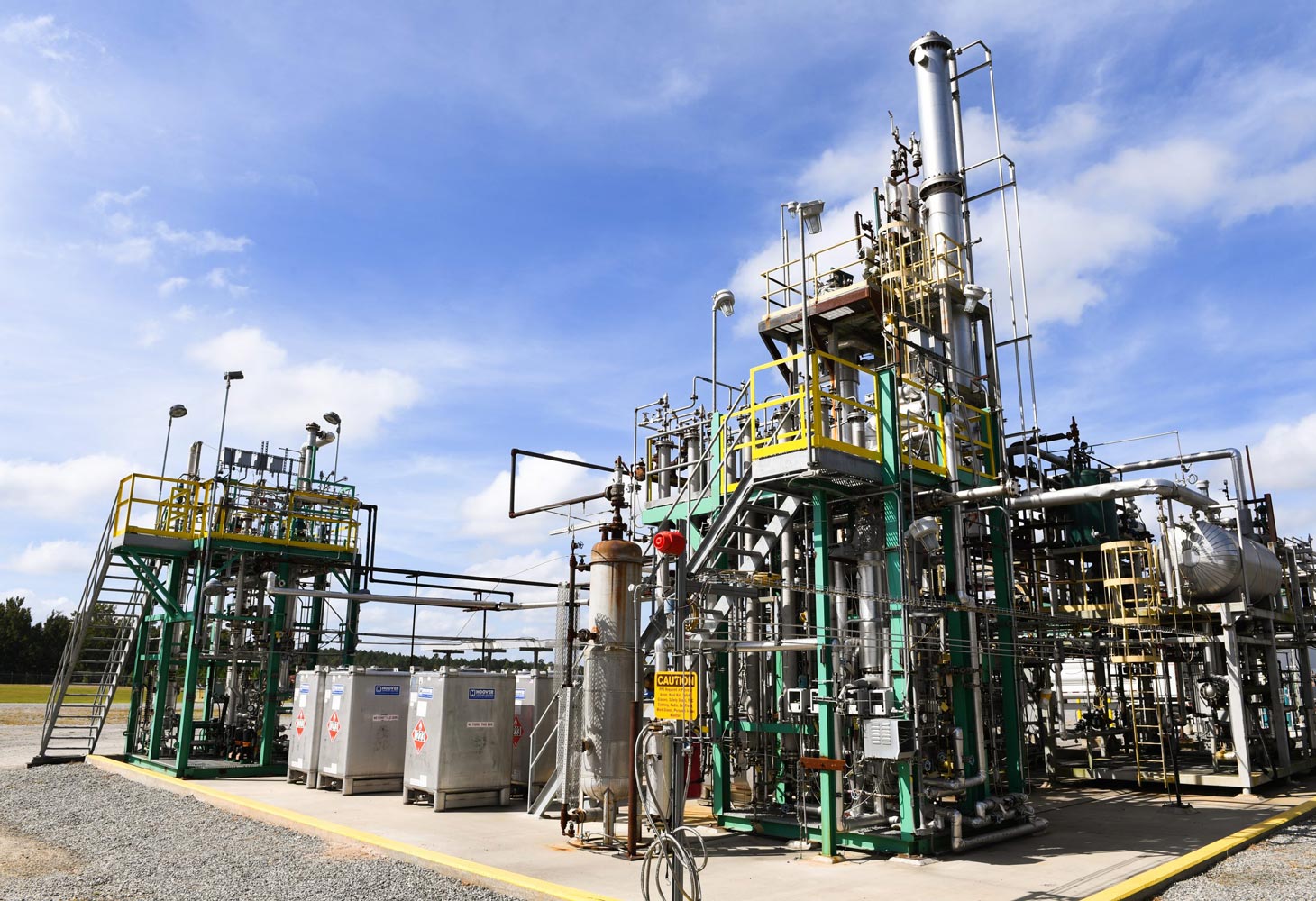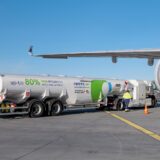
Mitsui and Cosmo Oil partner to produce SAF in Japan
Mitsui & Co., Ltd. and Cosmo Oil Co., Ltd. have agreed to carry out a collaborative study in preparation for establishing a biofuel production facility to make sustainable aviation fuel (SAF) in Japan.
Mitsui and Cosmo Oil plan to establish large-scale domestic SAF production operations at Cosmo refineries, using LanzaJet’s proprietary Alcohol-to-Jet (ATJ) technology.
LanzaJet’s ATJ process is a highly efficient technology that can produce up to 90% of its product as SAF and convert nearly all of the carbon from the ethanol to hydrocarbon products. ATJ technology was developed by LanzaJet, Inc. Mitsui is one of its investors.
The two Japanese companies will create a new business that will combine Cosmo’s track record of safe and stable plant operations, jet fuel quality management, and trading operations in the oil refining business, with Mitsui’s ethanol procurement capabilities.
Demand for sustainable aviation fuel is expected to expand rapidly because of its potential to reduce CO2 emissions by the aviation industry. Commercial production has started in a number of countries. Japan will also need to realize large-scale production capacity for and stable supply of SAF to achieve a government target of replacing 10% of aviation fuel with SAF by 2030.
Mitsui and Cosmo Oil plan to produce and supply 220,000 kiloliters of SAF in Japan annually by fiscal 2027 through this project. The two companies will also explore the possibility of each year selling 20,000 kiloliters of renewable diesel, which is a co-product of SAF production, as a fuel for transport vehicles, trucks, heavy equipment, and other machinery used at airports.
Mitsui and Cosmo Oil have both identified the expansion of business that helps to address climate change as a major priority. The two companies see SAF manufacturing as a medium- to long-term business opportunity and will continue to contribute to the decarbonization of the aviation industry and the reliable supply of low-carbon fuels by continually expanding their SAF manufacturing operations in Japan, and by pursuing switching to domestic production of ethanol feedstock in the future.














